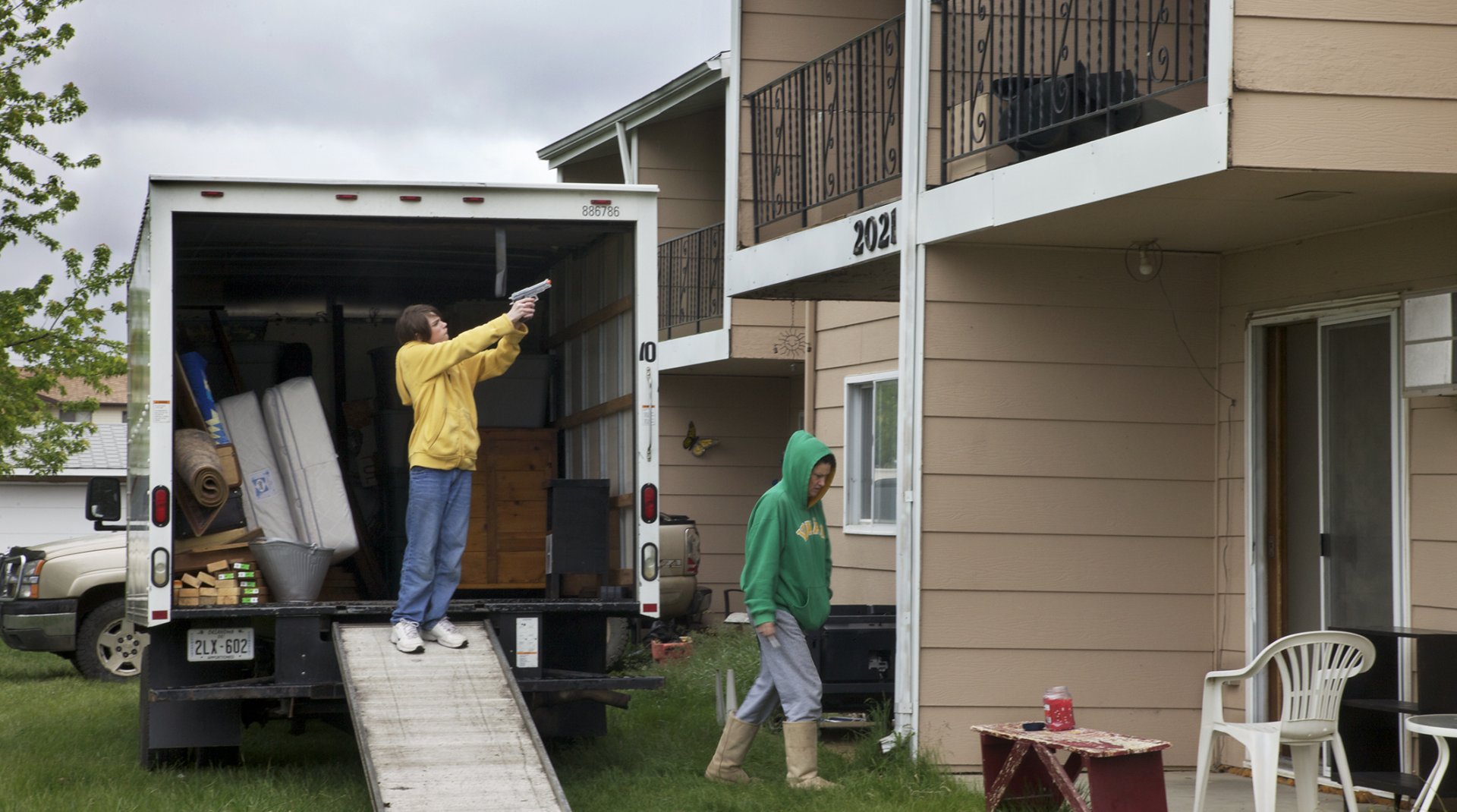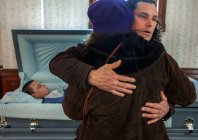Login or register for free to continue browsing
Access all this year’s exclusive online content

Do I Know You?
Eugene Richards
When I lived and worked in the impoverished and racially divided Arkansas Delta in the early 1970s, I thought of myself as a social worker with a camera. When I took to wandering the streets of my inner-city hometown of Dorchester, Massachusetts, in the mid ’70s, I thought of myself as a street photographer. From the ‘80s on, being called a photojournalist made me feel that I was a part of the world of truth seekers. More recently, I’ve come to feel that what I and many of my fellow photojournalists are doing is a kind of real-life storytelling.
Preview
01 of 03





